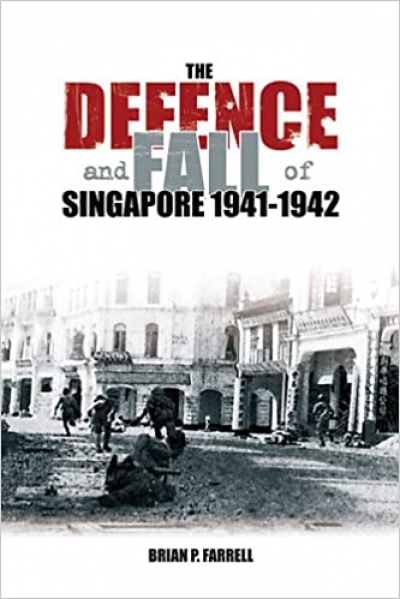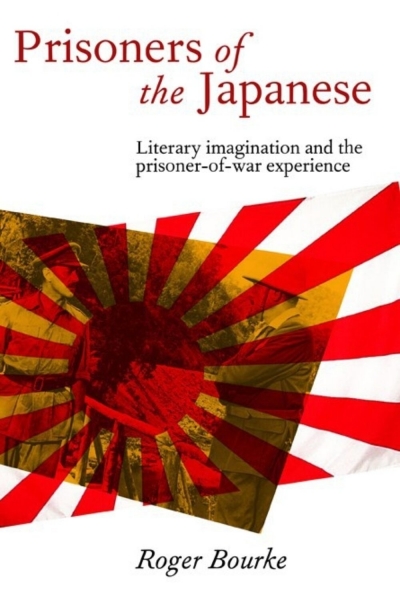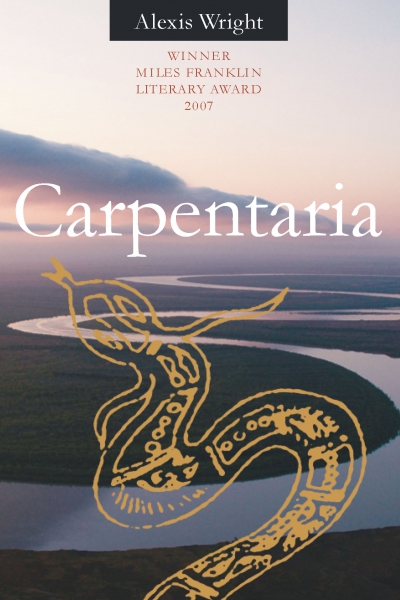Accessibility Tools
- Content scaling 100%
- Font size 100%
- Line height 100%
- Letter spacing 100%
Archive
Stickers on a rotten apple
Dear Editor,
In his review of Angela Bennie’s anthology of hostile Australian reviews, Peter Rose is correct when he surmises that ‘we tend to exaggerate the number of severe reviews’ (September 2006). I think that, generally, Australians do not like disagreement; they prefer to ‘keep the peace’, and this is mostly true of our critics also.
The really troubling aspect of Crême de la Phlegm: Unforgettable Australian Reviews (apart from the clear assumption of its subtitle that it is only adverse reviews which are ‘unforgettable’) was a comment in Bennie’s introductory essay. At least on my reading, she appeared to generalise that our critics are ‘philistines’. Many maybe, but I’d rather not call them critics.
... (read more)Fast, Loose Beginnings: A memoir of intoxications by John Kinsella
by David McCooey •
The Defence and Fall of Singapore 1940–1942 by Brian P. F & Singapore Burning by Colin Smith
by John Coates •
Prisoners of the Japanese: Literary imagination and the prisoner-of-war experience by Roger Bourke
by Peter Pierce •
Self-Portrait of Percy Grainger edited by Malcolm Gillies, David Pear, and Mark Carroll & Facing Percy Grainger edited by David Pear
by Michael Shmith •










